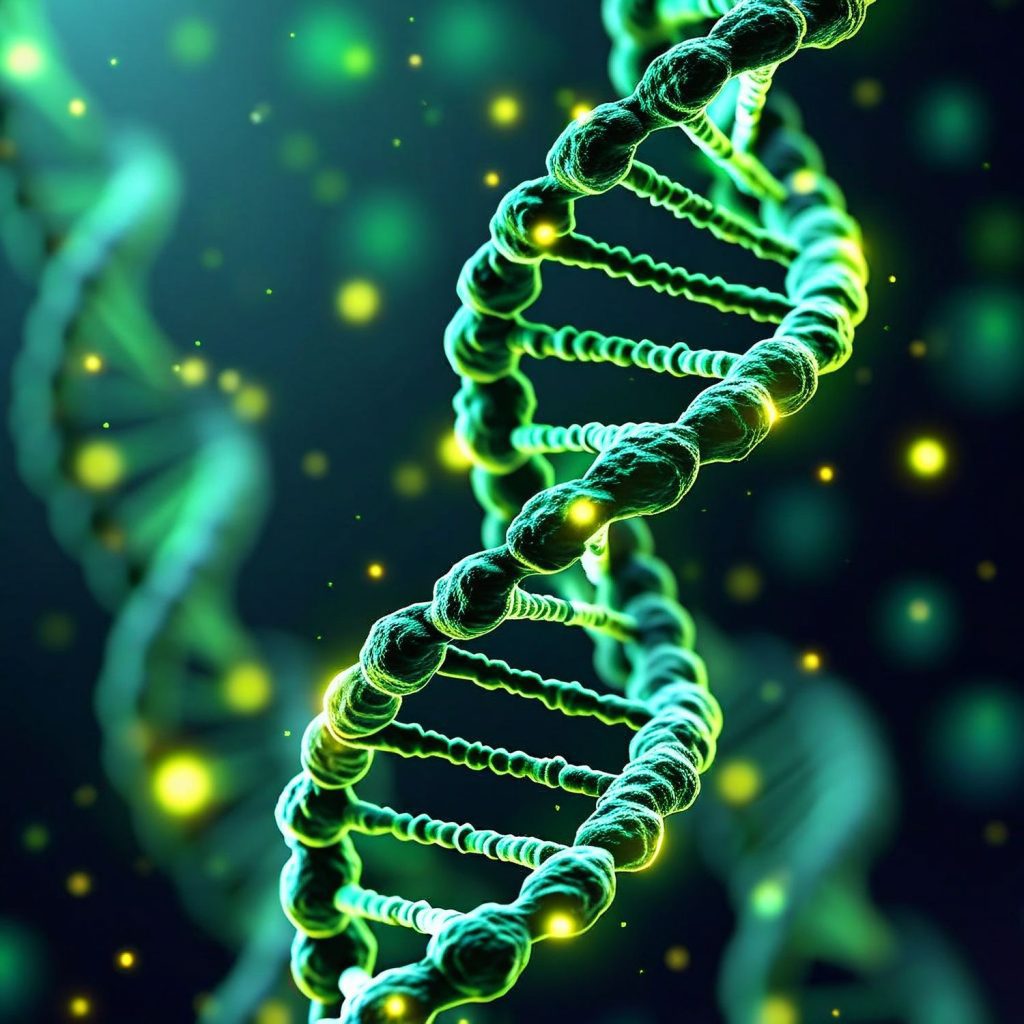This question has already been extensively explored in discussions about the triggers of anxiety and trauma in our time. We know that our parents and grandparents have shaped us through direct communication and upbringing—but could their experiences, fears, and traumas have influenced us in ways we are not even consciously aware of? Can trauma be passed down not only through learned behavior but also on a deeper, biological level? To truly understand this process, we must dive into the fascinating world of epigenetics.
The Power of Gene Expression

A real breakthrough in epigenetics occurred in the late 20th and early 21st centuries when scientists began to understand how external factors can influence gene expression. But what exactly do we mean by epigenetics?
Epigenetics specifically deals with the question of how genes can be activated or deactivated without changing the DNA sequence itself. The process of gene expression explains that genes can be influenced by so-called chemical “markers” that attach to the DNA or to the proteins around which DNA is wrapped (called histones). These chemical markers can turn genes “on” or “off.” They can persist for long periods, significantly impacting the human organism. Since our genes regulate the production of proteins in our bodies, they play an essential role in our well-being.
One Code – Countless Possibilities
Let’s take a closer look at a specific example: identical twins. Although they share 100 percent of the same genetic code, they can develop different characteristics and appearances due to the influence of epigenetics. It is fascinating that their environment and lifestyle, such as their diet or stress levels, can cause different chemical markers to attach to their genes, leading to varying health outcomes. As a result, one twin might develop serious health issues, while the other remains completely healthy—all despite their identical genetic predisposition.
So, can we assume that epigenetics provides the definitive answer to our question? Can future generations inherit stress and trauma because their ancestors experienced events that left a chemical imprint on their genes? In my opinion, we can only answer this with a “maybe.” Fundamentally, transmission through genes is possible, but it will likely never be the only factor.
Logically, trauma itself is not directly passed down through genes to the next generation, but rather the effects of trauma on the body. All in all, there is a clear connection that shows chemically activated or deactivated genes can be passed on to future generations. However, how this influences a person depends on many factors—especially on an individual’s personal resilience.
The Importance of Healing
Understanding that the transmission of trauma and fears is possible opens up a completely new perspective. Because this connection also means that I, through my lifestyle, diet, and actions, can influence my genes. One might assume that a healing or liberating experience does not only change my own organism but could even positively affect future generations. I personally believe that we could go one step further and that these findings might even help prevent or specifically influence diseases.
Understanding these genetic processes helps us recognize how closely our thoughts and emotions are connected to our bodies. This elevates the importance of inner balance to an entirely new level. The more we learn to align body and mind, the better we can adapt to changes and heal ourselves.
Do you believe that if trauma can be inherited, healing can also be passed on to future generations?
